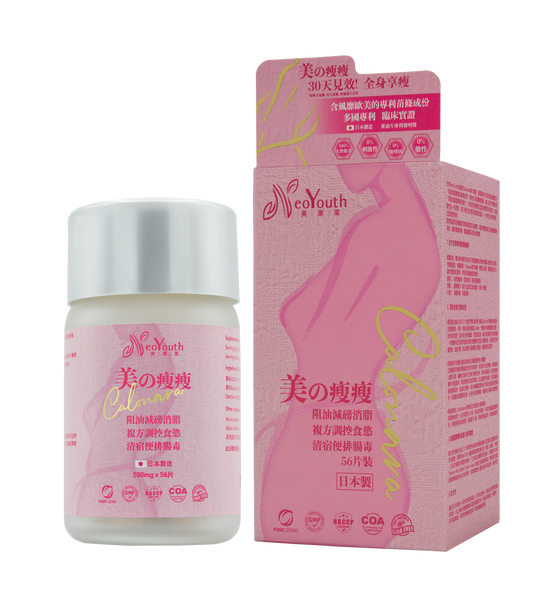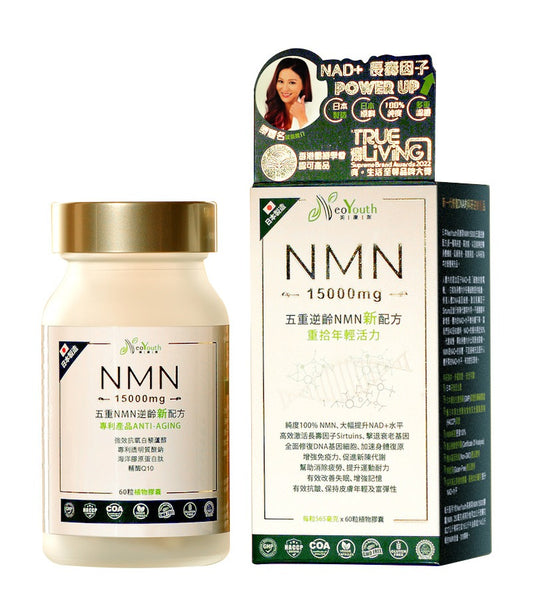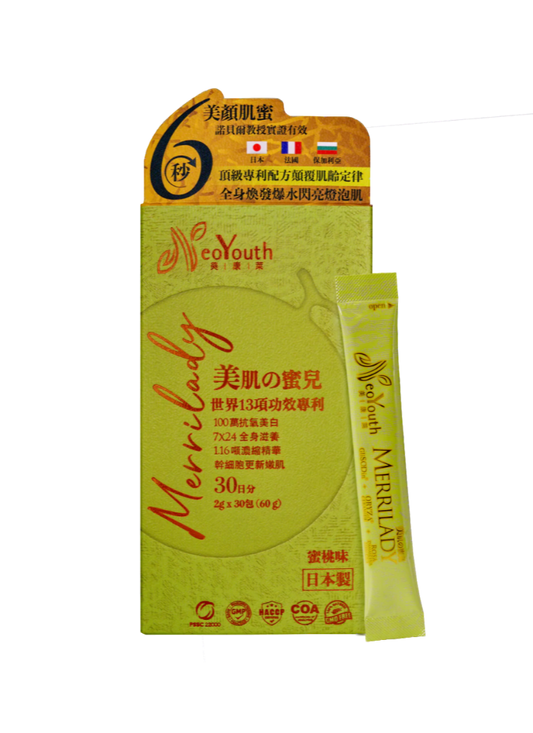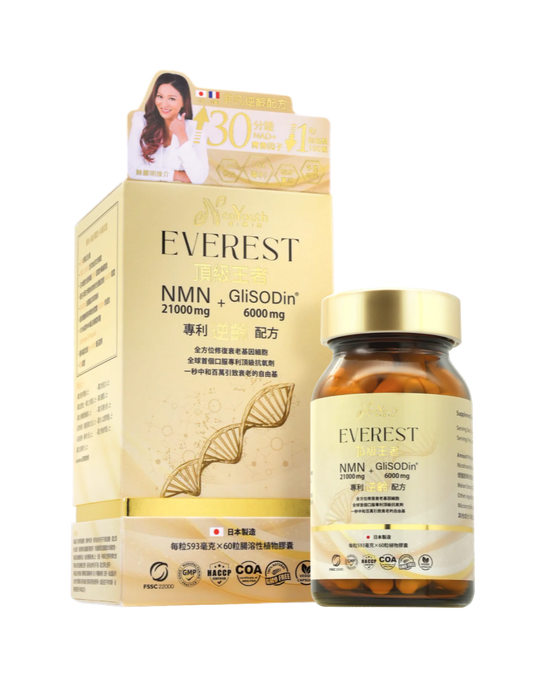As we enter autumn and winter, the air becomes dry, causing skin to lose moisture and become abnormally dry. This can easily lead to problems such as redness, peeling, sensitivity, and itching, and may even result in fine lines and white flakes, affecting one's appearance.
As the weather changes, your skin will send out different warning signals:
1 ) Drying and peeling:
If your skin becomes dry, rough, or prone to peeling in the fall and winter, it is recommended to switch to skincare products containing highly moisturizing ingredients, such as ceramides, sodium hyaluronate, and vitamins A, C, E, and Omega-3.
In addition, drinking 6-8 glasses of water a day is not enough. You can try making some quick and easy nourishing soups, such as lean meat, apple, and pear soup. Alternatively, you can drink a cup of honey water daily; wildflower honey and winter honey are both suitable for autumn. At the same time, increase your intake of fruits and vegetables, especially water-rich foods such as watermelon, cantaloupe, and apples, which can help maintain the body's and skin's moisture balance.
Furthermore, taking appropriate supplements, such as capsules containing ceramides or sodium hyaluronate, can help improve overall body hydration levels. Avoid over-cleansing your skin; washing your face more than twice a day may strip away the skin's natural oils, making it drier. Cleanse your skin gently and moderately.
2 ) Redness and sensitivity:
Cold, dry air can irritate the skin, causing redness and sensitivity. This is because the skin barrier is compromised, leading to external stimulation of nerve endings and causing neurogenic inflammation and vasodilation. The key to seasonal skincare is to strengthen the skin barrier and stabilize skin texture. Therefore, consider choosing gentle yet highly moisturizing skincare products and avoid those containing alcohol, fragrances, and irritating ingredients.
3 ) Itching:
Dry skin can cause itching and discomfort. Use soothing and moisturizing skincare products, such as those containing aloe vera, oatmeal, urea, or glycerin. Avoid scratching, as this can further irritate the skin and increase the risk of infection. Choose clothing made of breathable, sweat-wicking materials. Dietary recommendations include avoiding fried or hot/humid foods, such as spicy foods , shellfish, and mangoes , as these can increase histamine levels and make the skin more prone to itching. Alcoholic beverages and processed canned foods can also trigger skin sensitivity and should be consumed sparingly.
4 ) Acne and pimples:
Some people may experience increased sebum production, clogged pores, and acne during the autumn and winter seasons due to dry skin or hormonal changes. At this time, it's crucial to avoid improper needle extraction to prevent skin inflammation, hair follicle damage, or enlarged pores. Instead, use appropriate oil-controlling cleansing products, such as those containing AHA or salicylic acid, to unclog pores. Combined with high-moisturizing skincare, this can promote the skin's oil-water balance.
5 ) Dry and cracked lips:
Lips tend to become dry and cracked in autumn and winter. Remember not to peel off dead skin from your lips with your hands, as this can cause injury and inflammation. Consider using lip balms rich in moisturizing ingredients such as mineral oil (like petrolatum), plant oils, honey, or wax. Try to avoid ingredients with obvious pigments, strong fragrances, or added lanolin that can cause allergies.
To maintain healthy skin, everyone must pay attention to the various warning signs their skin sends out. Adjust your skincare routine according to weather changes, skin type, and dietary changes. Maintain a balanced diet, eat plenty of moisturizing and beneficial natural foods, increase water intake, use suitable skincare products, and adjust your skincare habits—a two-pronged approach: internal and external care.





